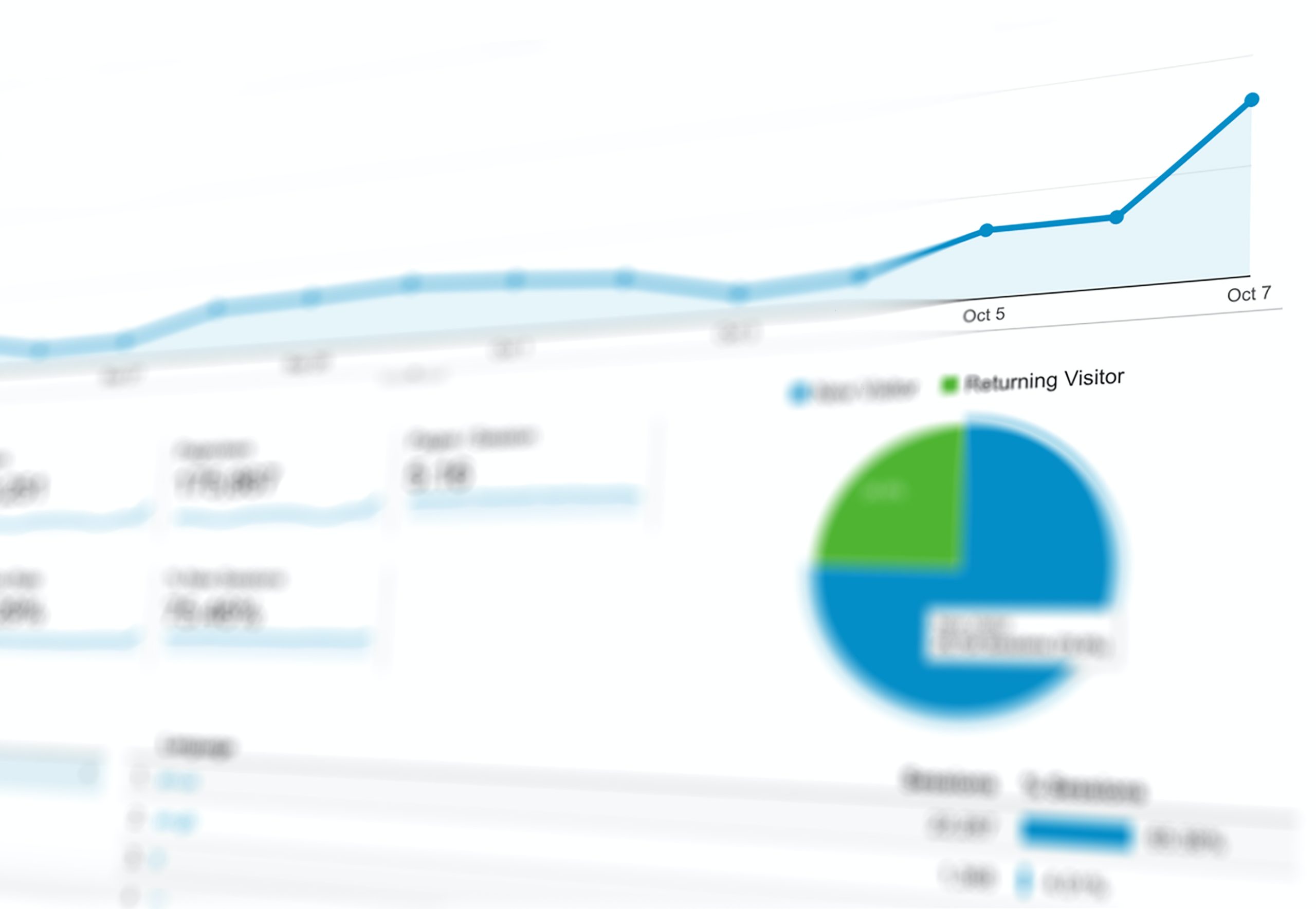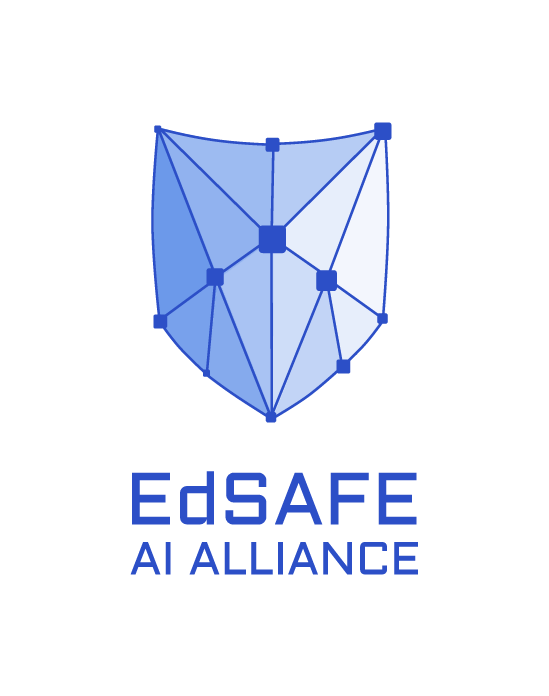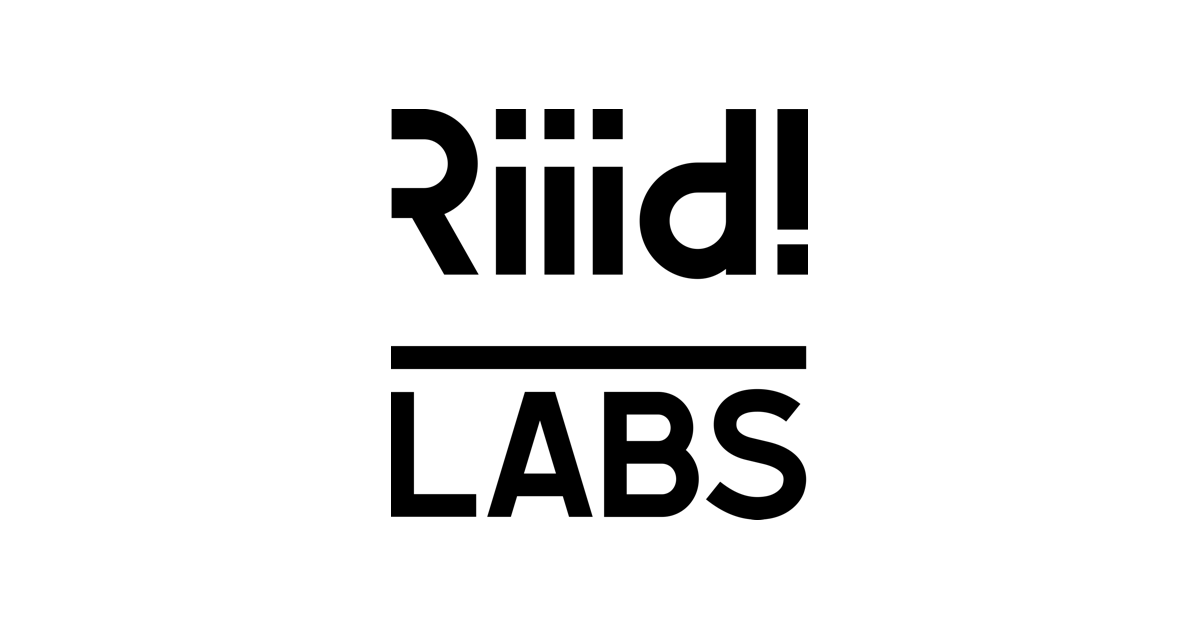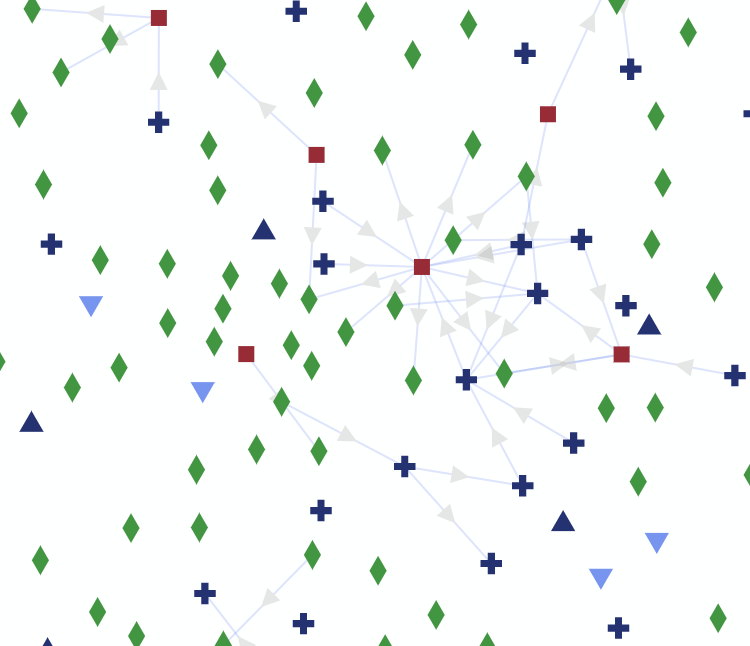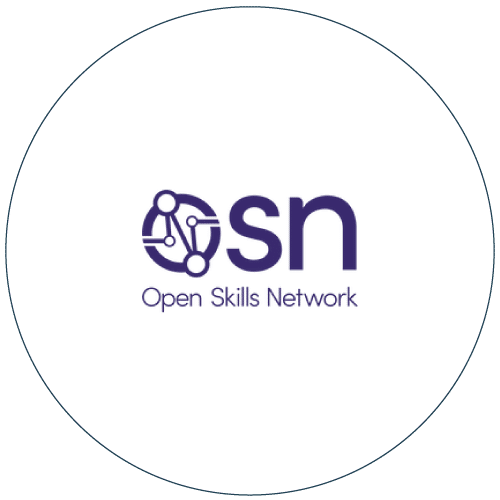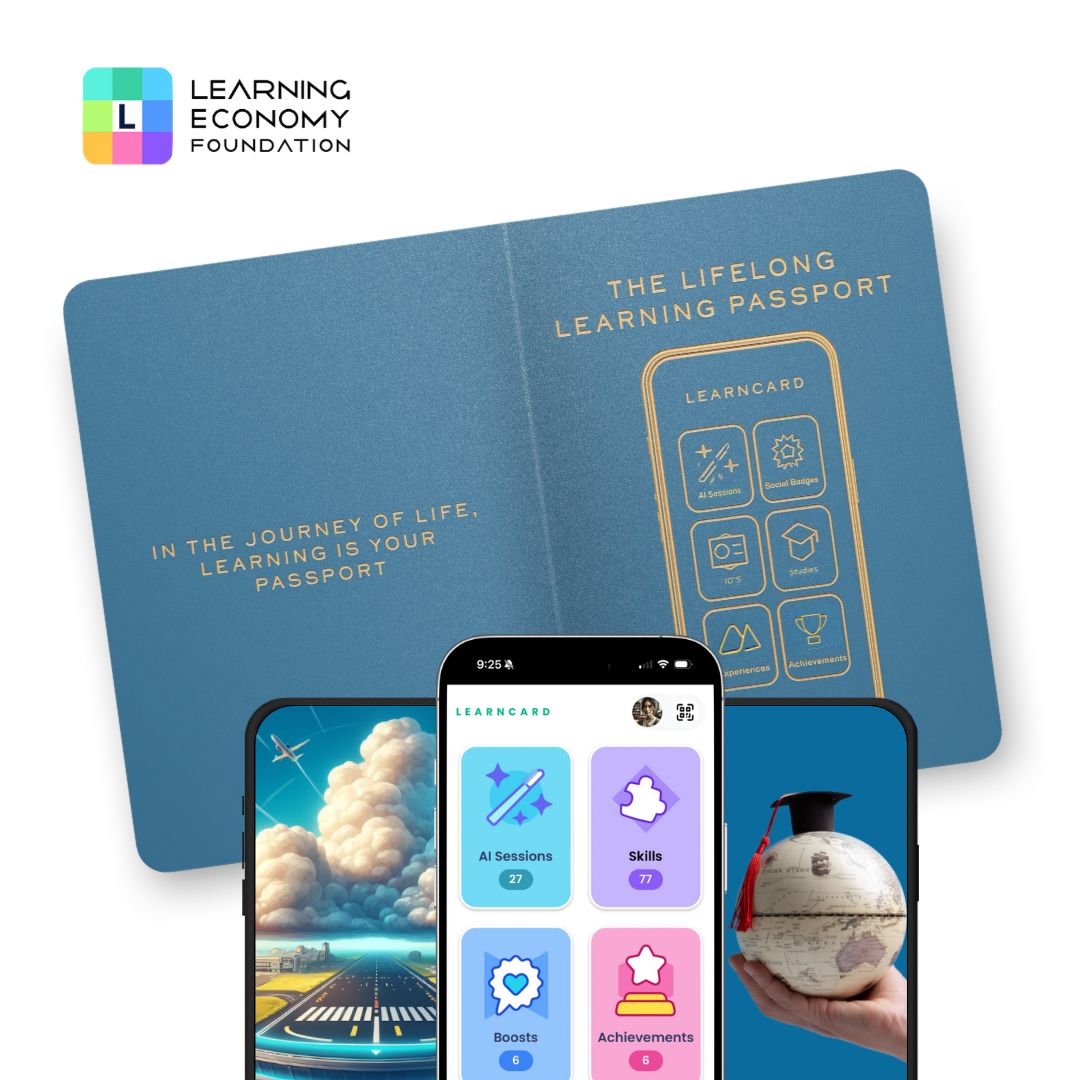Over the past 15 months, a growing group of DXtera members have been engaged in a community discussion on the opportunities and barriers to support better Artificial Intelligence (AI) tools in the education market. The original informal discussions focused on the barriers to exchange data from systems at the institutions, data and privacy issues, and lack of realistic datasets to train AI and Machine Learning (ML) tools, which are all areas where DXtera has specialized talents.
DXtera’s AI in Education Community was formed and we focused our efforts on how to enable open infrastructure, adapters for anonymization of data, data management capabilities to host large open datasets for use by third parties, and an interest in applying our specifications to create realistic simulated data. Since the start of 2021, we have grown to include a long-term collaboration with Riiid Labs to support these priorities, expand our open challenges to shift the market, pursue funding to support our priorities, and have become increasingly engaged in a discussion on how to ensure safety in AI tools.
Artificial Intelligence, when properly integrated with innovative educational pathways and engaged instructors , offers the potential for powerful predictive tools for developing an effective workforce. It also meets the skills requirements of industry, and enables equitable student success by ensuring learning meets students where they are, instead of assuming all students are on the same path. One significant challenge in education technology is the lack of access to large scale, high quality, labeled datasets that authentically represent communities of people. Communities like learners, employees, job seekers, and even employers. This lack of data significantly limits the ability of the AI community to build and test effective models and tools. Because of the lack of transparency in data (rightfully so, data when applied to AI should be anonymous), quality online delivered educational programming supported by comprehensive support services, communities and AI powered interventions are not prevalent in the market.
In response, the evolving community supported by DXtera is proposing to align disparate pieces that are in existence to leverage significant scaling of innovative solutions, infrastructure, and tools available and to be developed through collective effort to reduce the friction from enrollment to completion along the learning pathway. Our leadership team is composed of institutions, non-profit organizations, and corporations committed to leveraging DXtera’s expertise to develop open source technology solutions that can enable large-scale replication of program delivery and tool utilization.
Here’s why DXtera is engaged in the evolving AI in education space and with the development of the a growing AI Ed community:
- – We are innovators who believe in the power of community to resolve disparities or challenges in the market, and specifically to find ways to obliterate the equity gaps that are far too prevalent in education. We provide our expertise to build infrastructure and data simulation capabilities to enable open source datasets to be available to efficiently train new AI tools for the greater good.
- – We facilitate multi-sector (education entities, systems, companies, ministries, and philanthropic organizations) conversations that enable translating for the needs of the users with development of innovative open technology solutions. In collaboration with interested parties from around the globe, we aim to share in the development of common solutions.
- – We foster innovation in the marketplace by removing the friction to access realistic education datasets.
- – We believe that establishing a market with safe standards and open resources is vital to the future of AI in Education. We are innovators who believe in the power of community to resolve disparities or challenges in the market, and specifically to find ways to obliterate the equity gaps that are far too prevalent in education. We provide our expertise to build infrastructure and data simulation capabilities to enable open source datasets to be available to efficiently train new AI tools for the greater good.
This growing collaboration will be a catalyst to accelerate the growth of the AI-Ed industry and tackle the most pressing problems in education for a better learning experience for all.
Please join us in this community and shift the market to better enable human-centered AI tools to enter the market without barriers and safely for use by the education organization.


